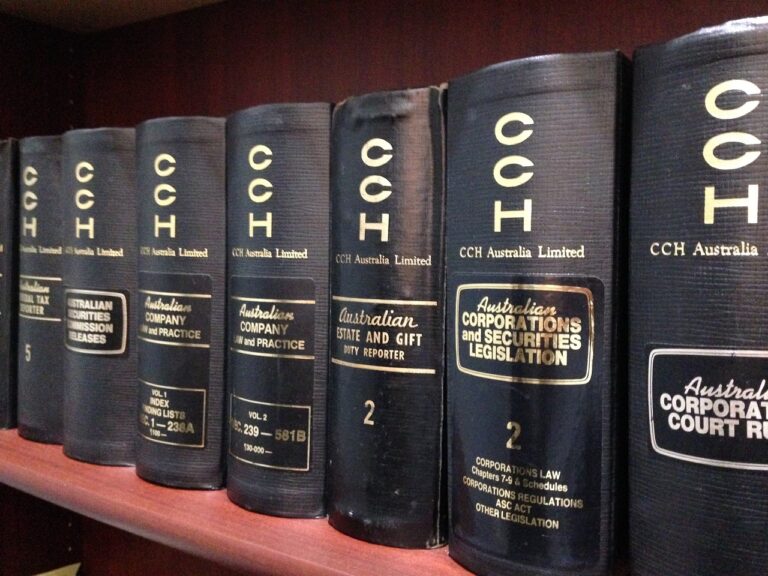The Role of Metacognitive Strategies in Assessment Practices: Bet book 250.com, 11xplay online, Yolo 247 login
bet book 250.com, 11xplay online, yolo 247 login: Metacognitive strategies play a crucial role in assessment practices, influencing how students approach learning tasks and evaluate their own progress. By incorporating metacognitive strategies into assessment practices, educators can help students develop a deeper understanding of their own learning processes and improve their academic performance. In this blog post, we will explore the significance of metacognitive strategies in assessment practices and how they can be effectively integrated into educational settings.
Understanding Metacognition
Metacognition refers to the awareness and understanding of one’s own thought processes. It involves the ability to monitor and regulate cognitive processes, such as planning, monitoring, and evaluating learning tasks. Metacognitive strategies help students become more aware of how they learn and enable them to adapt their learning strategies accordingly.
The Role of Metacognitive Strategies in Assessment Practices
Metacognitive strategies play a vital role in assessment practices by helping students develop a deeper understanding of their learning goals and progress. When students use metacognitive strategies during assessments, they can reflect on their learning experiences, identify areas of strength and weakness, and adjust their learning strategies accordingly.
Integrating Metacognitive Strategies into Assessment Practices
There are several ways educators can incorporate metacognitive strategies into assessment practices. For example, teachers can encourage students to reflect on their learning processes before and after completing assessments. This reflection can help students identify effective learning strategies and areas for improvement.
Additionally, educators can incorporate metacognitive prompts into assessment tasks to help students think critically about their learning processes. For example, teachers can ask students to explain their reasoning behind their answers or to evaluate the effectiveness of their learning strategies.
FAQs
Q: How can educators support students in developing metacognitive strategies?
A: Educators can support students in developing metacognitive strategies by providing explicit instruction on metacognitive processes, modeling metacognitive strategies, and offering opportunities for students to practice and apply these strategies.
Q: What are some effective metacognitive strategies for students to use during assessments?
A: Some effective metacognitive strategies for students to use during assessments include self-questioning, setting goals, monitoring progress, and reflecting on learning experiences.
Q: How can metacognitive strategies benefit students in assessment practices?
A: Metacognitive strategies can benefit students in assessment practices by helping them become more aware of their learning processes, improve their problem-solving skills, and enhance their overall academic performance.
In conclusion, metacognitive strategies play a significant role in assessment practices by helping students develop a deeper understanding of their own learning processes. By integrating metacognitive strategies into assessment practices, educators can support students in becoming more reflective learners and enhance their academic performance.







